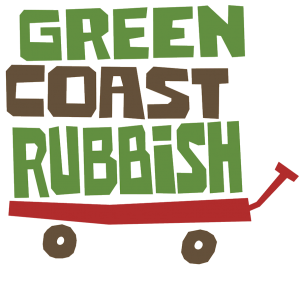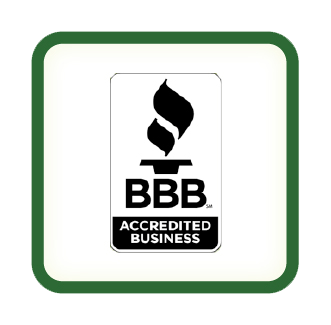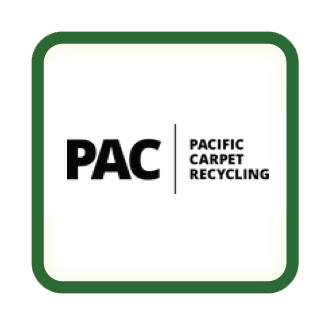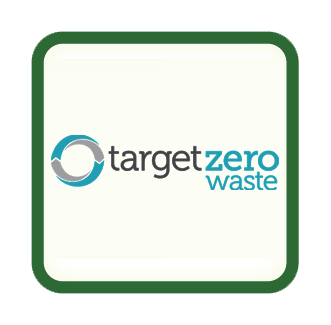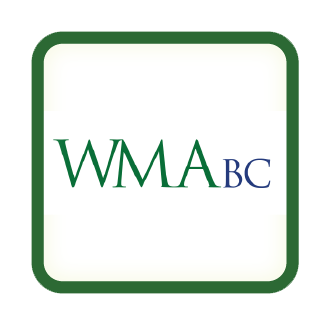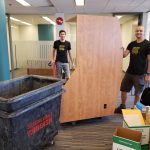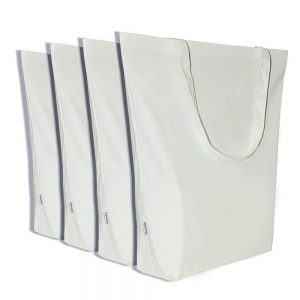
When a dead whale washed ashore in Indonesia last week, it was heartbreaking to hear that researchers at the scene identified the animal’s stomach was full of 115 plastic cups, 25 plastic bags, 4 plastic bottles and a thousand other random pieces of plastic. These single-use products are impacting our oceans and environment long after they are used. As consumers, we have the power to make a difference at home by rethinking single-use products and switching to durable, reusable and recyclable products in our day to day lives. Here are some easy ways to make the switch:
Cotton Shopping Bags
Replace plastic bags in your home with reusable shopping bags. Keep a couple of cotton shopping bags by your door so you can grab a reusable bag on your way out to shop. Store some cotton shopping bags in the trunk of your vehicle so you’re always prepared when you stop at the grocery store.
Why it matters: Plastic bags make up 3% of shoreline litter which is harmful to the whales and other marine life. According to the City of Vancouver, discarded plastic bags are also impacting landfills with approximately 2 million non-biodegradable plastic shopping bags disposed of in the garbage in Vancouver each week.
Stainless-Steel Straws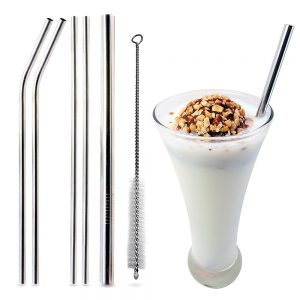
Replace plastic straws in your kitchen with reusable stainless-steel straws. These metal straws are super affordable, will save space in your cupboards and really benefit the environment by eliminating a single-use plastic product in your home.
Why it matters: Plastic straws and stir sticks make up an additional 3% of shoreline litter in Vancouver. Straws are also tossed in the garbage to be landfilled but are also known to contaminate recycling and compost efforts.
Single Use Cups
Replace single-use plastic cups and polycoat paper cups in your daily routine by purchasing a good quality reusable cup to bring with you on your afternoon stop for tea or coffee.
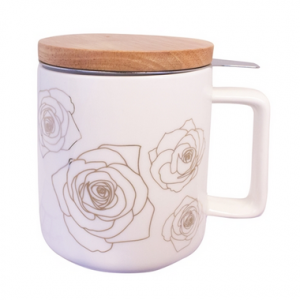
Why it matters: 2.6 million polycoat paper cups are thrown in the trash
in Vancouver every week and 22% of litter on Vancouver streets includes disposable cups, lids, and sleeves. The problem is that many businesses do not have access to recycling programs for the cups because there is a very limited recycling
market for the waste collection companies to send them to. However, the cups are recycled curbside by households and apartments in several municipalities so are to check if you can bring your cups home to be recycled.
Ceramic tea mug with a bamboo lid
Grab & Go Kit
Create a grab and go kit for yourself with a reusable water bottle, coffee cup, stainless steel utensils and straws, a plate, cloth napkins, and whatever else you might need during the week. Keep it with you at work or in the car. This will help to avoid unnecessary disposable to-go containers and cups when you are on the go.
Why it matters: Despite their convenience, single-use items use up a lot of resources and are not often reused or recycled. They take up valuable space in the landfill and impact the environment long after they are used. It costs the City of Vancouver $2.5 million per year alone and that’s just one of the 21 municipalities in Metro Vancouver.
When we hear a story like this where a whale died with a belly full of plastic garbage, it’s heartbreaking and natural to think “someone should do something!” The truth is, we can all be that someone if we change the way we think about single-use products and stop using them.
We at Greencoast Rubbish believe that it would start at our homes; using recyclable products vs single-use products will definitely have a good impact on our ocean and our environment.
if you have any questions about recycling; please feel free to contact us, or check our blogs for more tips and articles on how you can help to live in a green environment.
